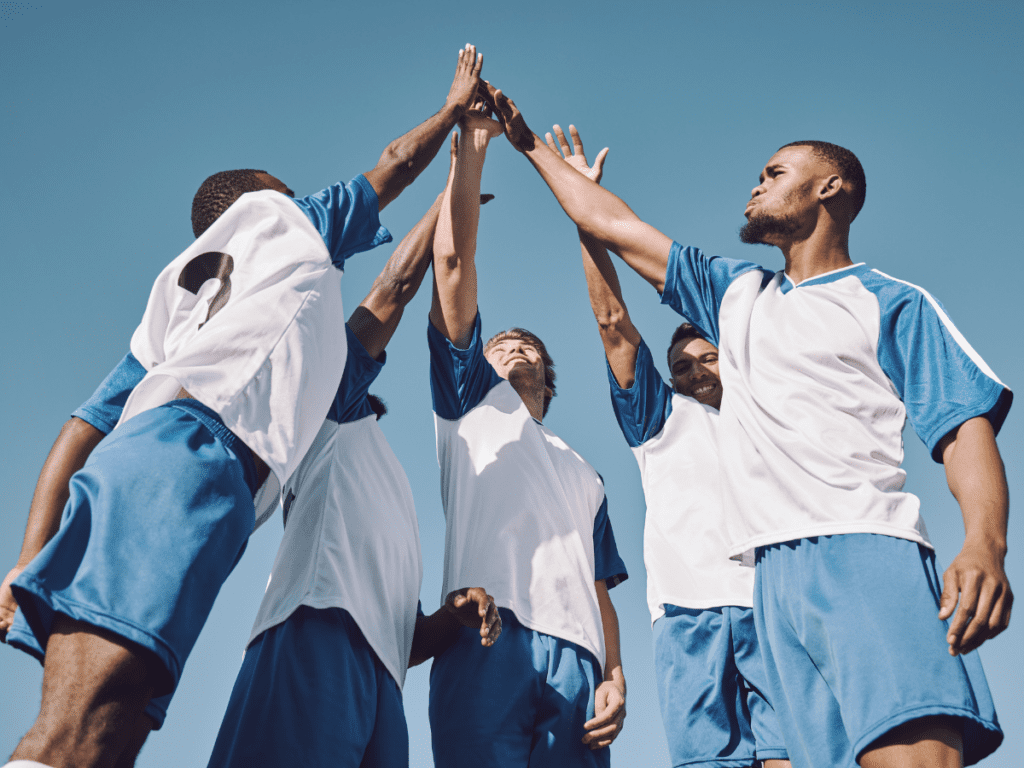Preliminary Report — Future of Sport in Canada Commission

Concussion Guide for Parents and Caregivers
How does social media effect hazing?
This Canadian study found that social media can be both helpful and harmful when it comes to hazing in varsity sport. While athletes use it to build team identity, many avoid posting about hazing to protect their team’s image or avoid causing harm. The study points to a need for better education and athlete-informed policies…
Canadian Harmonized Sport Concussion Protocol Template
Canadian Harmonized Sport Concussion Protocol Checklist
Why clear definitions of maltreatment matter in sport
A recent scoping review led by researchers at the University of Toronto and University of Calgary shows that inconsistent definitions of athlete maltreatment are limiting efforts to prevent harm. By mapping 30 years of research, this work lays the groundwork for national tools to better protect athletes.
Alison Doherty (ADOHERTY@UWO.CA) @ 06/05/2025
The prevention and medical management of concussions in sport are advancing, however too many incidents continue to be unreported at the youth level. Participants continue to under-report concussion symptoms during play, putting themselves at risk of further harm and longer recovery. To address this important gap in safe youth sport, we identify the multiple levels…
Embedding EDI in Safe Sport
Every athlete deserves a safe and welcoming environment in sport. And while athletes from equity-owed groups may be more likely to experience harm, a recent study revealed that these athletes often perceive Safe Sport as an unrealistic and unattainable ideal. These findings suggest that integrating principles of equity, diversity and inclusion are fundamental to safeguarding…
Does Culture Really Count in Sport?

For the past several years, the word culture has become a familiar buzzword across Canadian sport. Headlines about “Hockey Canada’s toxic culture”, a “culture crisis at Gymnastics Canada”, and “the culture of abuse and discrimination” in several national sport organizations (NSOs) have brought the issue to the forefront. Athletics, Soccer, Skating, Rowing, Bobsled and Skeleton,…
A Code for All Levels of Sport: Implementing the Universal Code of Conduct to Prevent and Address Maltreatment in Sport (UCCMS) across Canada

Introduction The Universal Code of Conduct to Prevent and Address Maltreatment in Sport (UCCMS) was introduced to the Canadian sport system at the national level in 2022. It may be time to think about its role across the entire sport spectrum from the national level to the provincial and territorial level and to the local…